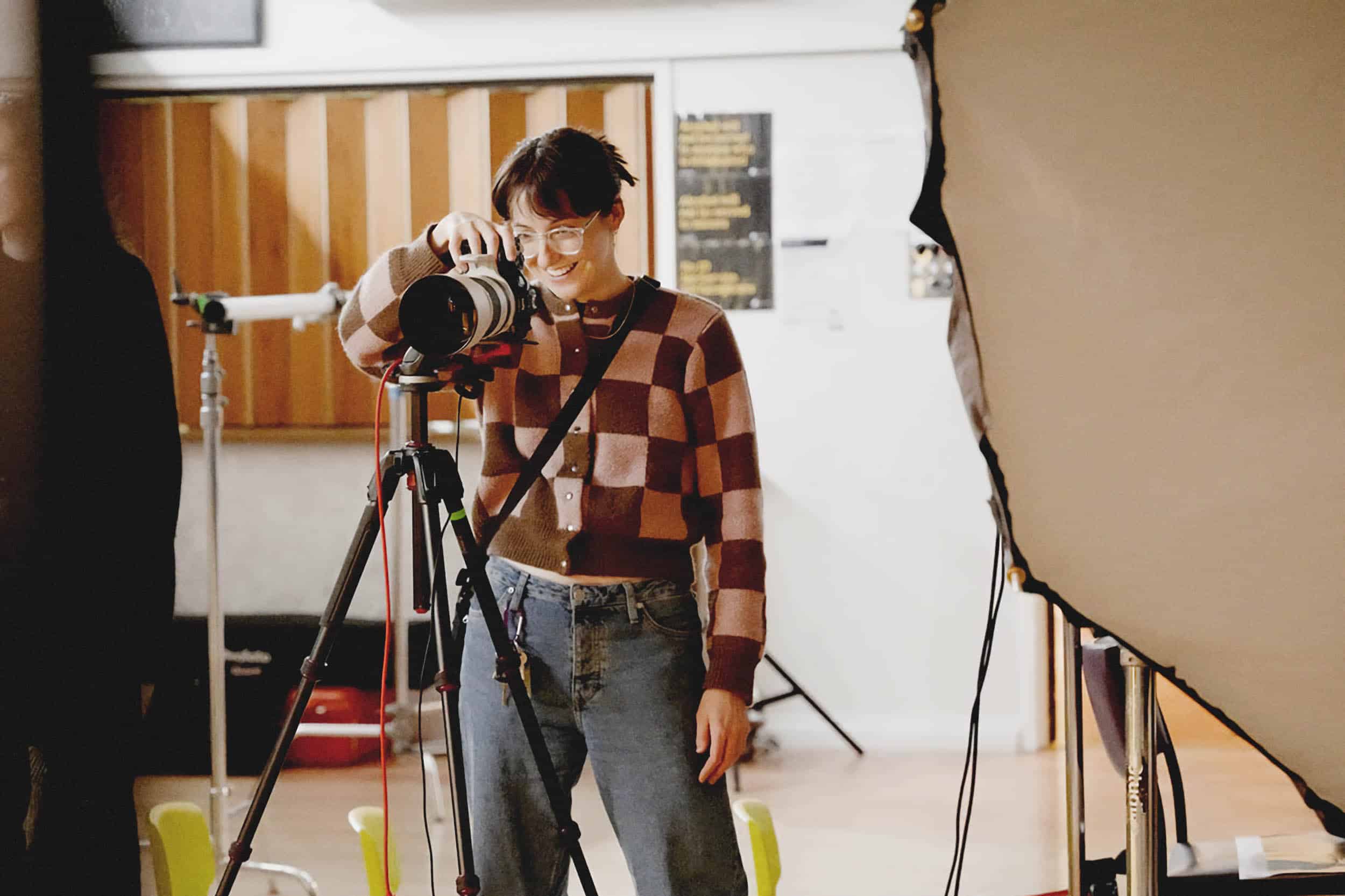Buzzfeed’s new VP of Design Cap Watkins likes to go fast. His big ideas and perpetual drive have led him to some of the biggest tech companies in the world today; from Etsy and Amazon to his current home at Buzzfeed. Format Magazine’s editor Lydia Pawlowsky got to sit down and chat with him at this year’s Design Thinkers conference, put on by the RGD (Association of Registered Graphic Designers). Although Cap insists that there’s more to Buzzfeed than quizzes and listicles—have you downloaded QuizChat yet? —we couldn’t resist making our own. Here’s five takeaways that every creative should keep in mind to craft a happy, productive career.
1. Slow and steady can be a drag…🐢##
“When your business is small you have to go very extremely fast. You have X amount of money which means you have X amount of time. I’ve taken that with me throughout my career: I don’t want to do 6 weeks doing design exploration, I want to do 2 days of it.
At the heart of it though, I really just want to put out the smallest, best thing we can in the quickest amount of time. For example—at Etsy they wanted to work on adding infinite scroll to the search function. The hypothesis was that more things on a single screen is better. To test that, one of the things they did was to add 20 more results to the page, just to see what would happen. That’s a really cheap thing to do—you didn’t design anything, you didn’t build anything. They found out it made no difference, so they ended the project. The more you can validate early by shipping small pieces, the better off you’re going to be.”
2. …but fast doesn’t always come in first place.😔##
“Someone told me once that I have a lot of momentum—I see where we should be and I run there. That’s what I used to do. I would do that and always leave other people behind. That, in itself, was causing me frustration.
I’m hoping that I’ve learned to bring people with me. It’s not enough to be right, otherwise you’re just by yourself being mad. It’s been really interesting at Buzzfeed to know that, and start that way—to build up as much trust as possible and bring people on in that manner.”

3. Honesty is always the best policy. 💁##
“One of the things I really like about Buzzfeed is how direct and honest the culture is. At some companies, that manifests as aggression, and at others it can be passive aggressive. At Buzzfeed people just have honest conversations; I can always trust that people are telling me what they actually think. That means they’re not in it to ‘win’, they’re in it to get the best solutions.
When I arrived at the design team, for example, there wasn’t a lot of transparency, and nobody was doing any coding—those weren’t things that they thought were important. Now, everybody thinks it’s important because I can describe its value and talk about why it’s important. It’s not just because I’m in charge and I said so.”
4. Company culture starts at the top. ⬆️##
“Look at a lot of companies, and their founders and CEOs: the way that person looks at the world is reflected in the way that company is built, and the people that work there. This is especially true at gigantic companies—just look at Apple or Amazon.”
5. Last but not least: success comes from accountability. 👏##
“I manage a few design managers. We’ve been doing quarterly reviews for the design team, but we were asking for very vague, unhelpful peer feedback; ‘How’s everybody doing?’ type of questions.
I had seen this work at Amazon, so I thought I’d pitch the idea of instead writing design leadership principles to use as a rubric for feedback. It could be as easy as ‘Pick three of these that someone did well in the last three months.’ I did a quick outline of the principles, and the management team discussed them for a long time before we sent them out to the design team and really opened up the process. The design team then had an opportunity to push back on us, and ask questions.
We do this with almost everything within the design team—we talk about it amongst the design managers, and then amongst the design team, and they all have every opportunity to say ‘I don’t think this is a good idea’ at any point. Everyone needs to be held accountable, and everyone needs to feel like they have a voice.”
Follow Cap on Twitter for more design tidbits and amazing gifs.












